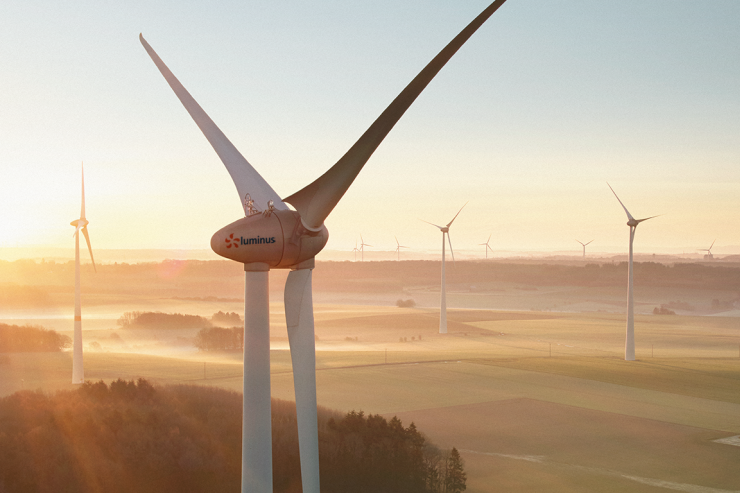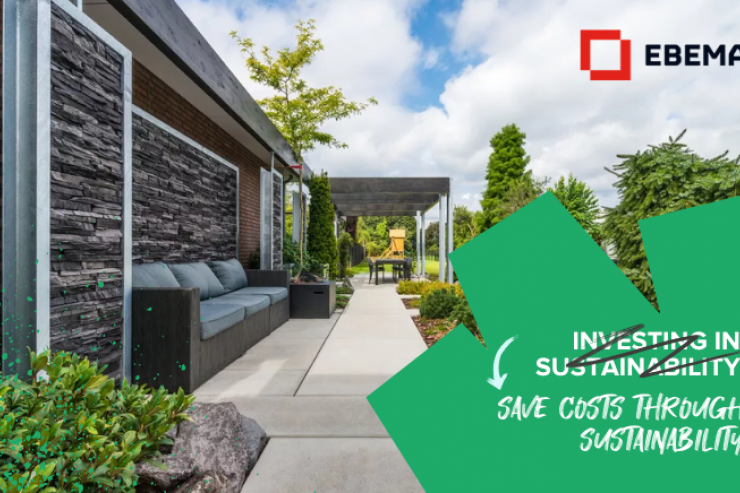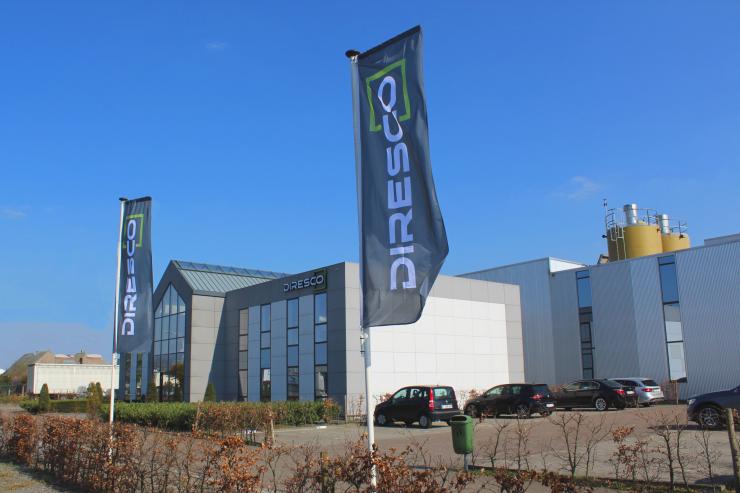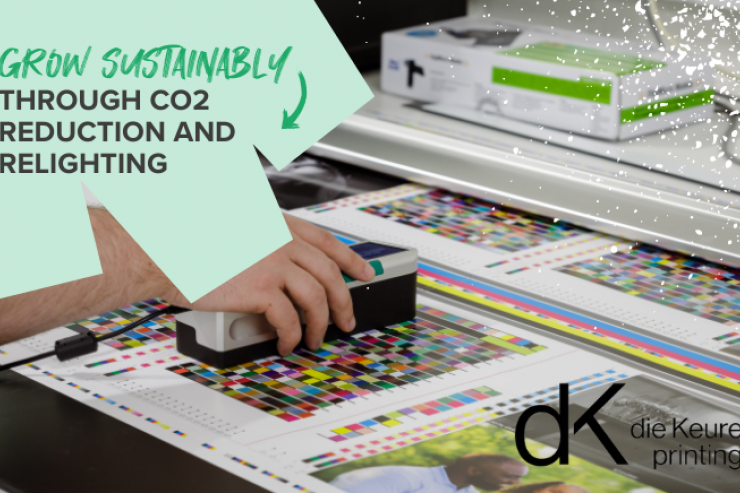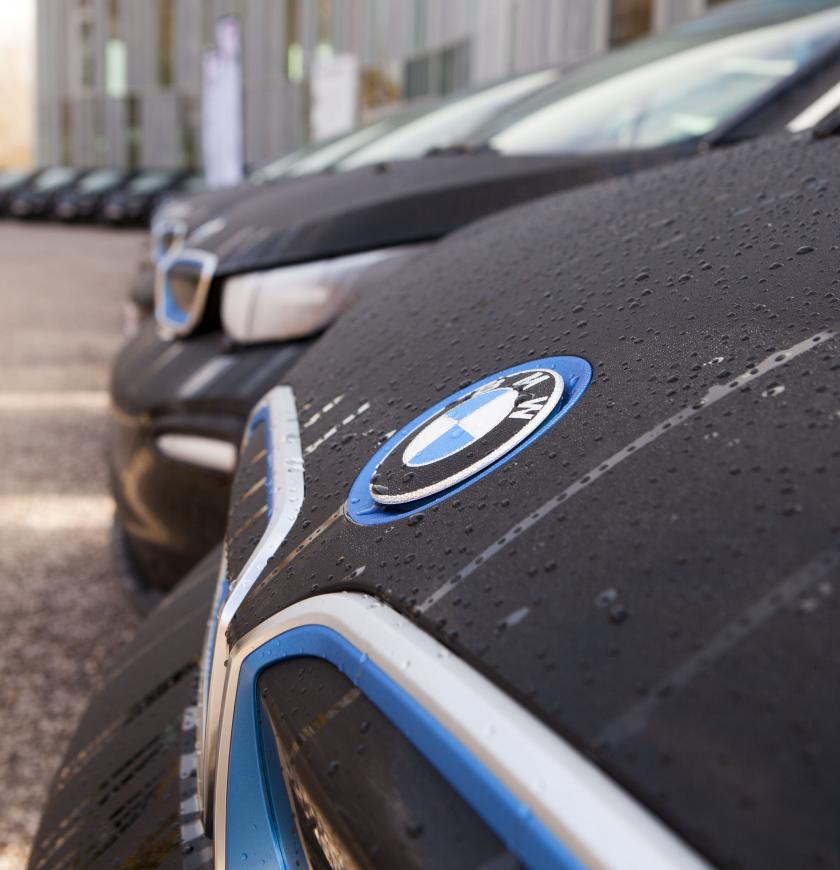
BMW Green Building Manual
Consumers are becoming more aware of the importance of buying sustainable cars and are willing to pay extra for this. At the same time, fuel costs are steadily on the rise, and this is reflected in the growing demand for electric and hybrid cars. That is why the automotive sector is constantly working on green innovation projects to differentiate itself from its competitors and meet consumer demands.
However, we need to go further than just building an electric car if we are to reduce environmental impact. This is where BMW Group BeLux leads the charge. The focus is split between the development of hybrid and electric models—with the aim of having at least 25 cars in this segment on the market by 2023—and reducing the impact of its dealerships. By 'greening' these, they can provide a better service to the market of environmentally friendly cars and simultaneously be prepared for the future.
One of the reasons why Encon was called in was to screen the dealerships in Belgium and Luxembourg for sustainability and to rate them on no less than 150 sustainability parameters. This was done in various categories, including energy efficiency, optimised water concept, building design, etc. This in-house developed 'Green Building Manual' is a manual of techniques that can promote the sustainability of the buildings and improve the operation of the dealerships in the broadest sense of the word. A tailor-made guide to making a difference specifically within the automotive sector and making dealerships aware of the need for sustainable growth.

Following the screening of the dealerships, Encon also takes care of guiding dealers in the process towards a more sustainable working environment. For example, we look at the type of measures or overhaul of parts of their equipment necessary for the dealer to obtain the so-called 'Green Building Label' set up by BMW Group BeLux.
It is also possible to score more points in the 'Green Building Manual' by generating sustainable energy, e.g. by installing solar panels. To help accelerate the overall greening process and reduce CO2 emissions from all dealerships even faster, Encon organised a group purchase. This meant that each participating dealership could count on a feasibility study and support from Encon leading up to installation. Where this proved impossible due to e.g. roof construction, alternative approaches were proposed.
This overarching approach of BMW Group BeLux enables both large and small dealers to make certain investments related to sustainability. Clear visions from the government (2030 Clean Power for Transport action plan) set very clear but necessary goals for mobility.
By 2030, all newly sold passenger cars must be low-carbon. So, it is no longer a choice but an obligation to pursue this sustainability and continue to grow within the automotive sector.
Are you also curious as to how your company can implement an overarching sustainable policy?

